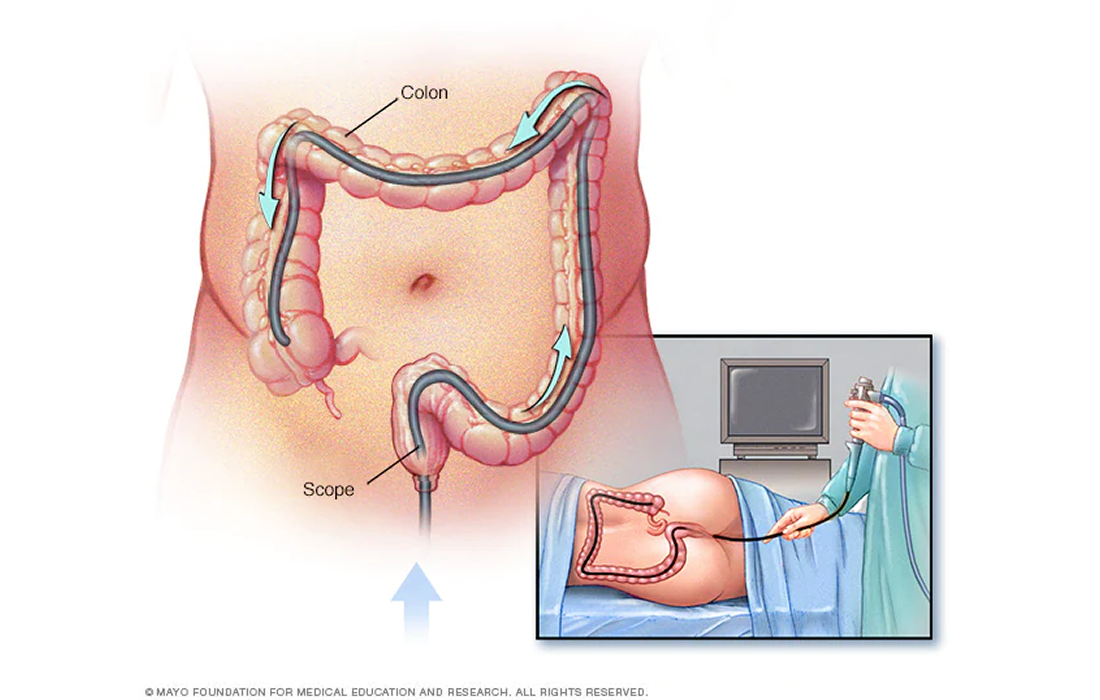Curcumin is a polyphenolic compound isolated from the roots of Curcuma longa, from which turmeric is prepared and used widely as a coloring agent, food additive, and traditional Indian and Chinese medicine. For decades curcumin and related bioactive curcuminoids have been the center of interest in scientific studies worldwide into their therapeutic potential. One of […]
Author Archives: Francisco Fernandez, MD
Researchers have applied a novel stem cell model to map disease risk variants in human neurons, which could help increase our knowledge of the biological mechanisms of neuropsychiatric disorders such as autism and schizophrenia. For the study, the team used a cellular model designed to enable future researchers to elucidate the disease mechanisms involving genome-wide […]
Lyme disease is the most common vector-borne disease in the United States. Lyme disease is caused by the bacterium Borrelia burgdorferi and rarely, Borrelia mayonii. It is transmitted to humans through the bite of infected black-legged ticks. Some common symptoms of the disease include fever, headache, fatigue, and a characteristic skin rash called erythema migrans. […]
What is Premature Ovarian Insufficiency? Premature ovarian insufficiency (POI) is a type of ovarian dysfunction characterized by menstrual disorder, ovarian atrophy, decreased sexual life, and decreased fertility in women between puberty and 40 years of age. Is a condition that can seriously affect female reproductive health and endocrine balance, and is one of the main […]
During the 24th European Congress of Endocrinology in Milan, Italy, researchers presented a study in which they found a link between thyroid dysfunction and COVID-19. Previous studies have found evidence of increased risk of Parkinson’s disease, heart disease, and diabetes after COVID-19. According to Dr. Ilaria Muller, an assistant professor of endocrinology at the Department […]
Diabetes is a major risk factor for various cardiovascular and renal diseases. The global prevalence of diabetes was 425 million adults in 2015, with an anticipated increase to 629 million by 2040. The main way to delay the development of type 2 diabetes is through lifestyle modifications, which can be difficult to maintain long-term. That […]
During the Sixth International Scientific Symposium on Tea and Human Health, leading scientists in the field met virtually to discuss the current state of knowledge and the gaps in understanding about the benefits of tea. Tea is the second most consumed beverage in the world, after water. The four primary types of tea include white, […]
Approximately 6.6% of the global population carries a diagnosis of type 2 diabetes mellitus (T2DM). Patients with T2DM are at greater risk for developing dementia and Alzheimer’s disease (AD) and have been reported to exhibit inferior cognitive performance when compared to age-matched healthy controls. In a recently published study, researchers characterized the neurocognitive effects associated […]
Asthma is a chronic inflammatory disease of the airways caused by endogenous (such as chronic inflammation and oxidative stress) and exogenous factors (such as exposure to CS and air pollution), involving multiple cells and cellular components. In this condition, effector cells secrete inflammatory factors that cause inflammation, mediate peripheral tissue destruction, induce high secretion of […]
Multiple Sclerosis (MS) is an autoimmune, inflammatory, demyelinating disease of the central nervous system influenced by genetic susceptibility and environmental factors. The gut microbiota is one such environmental factor that has been implicated in the development and progression of the disease. Previous studies have demonstrated that MS patients have numerous taxonomic alterations in their gut […]










